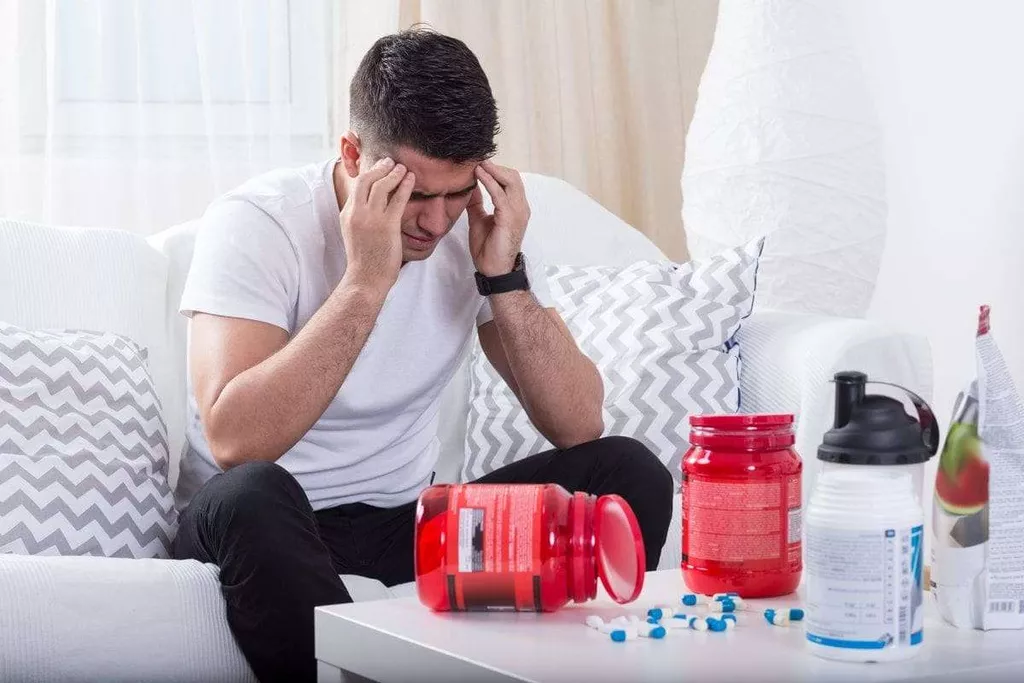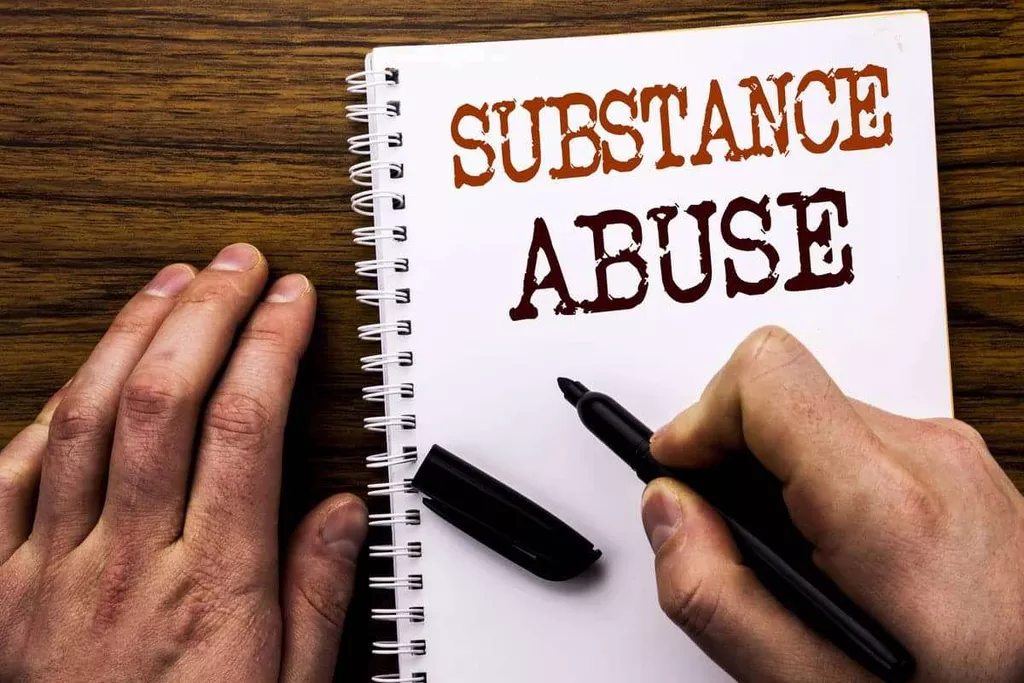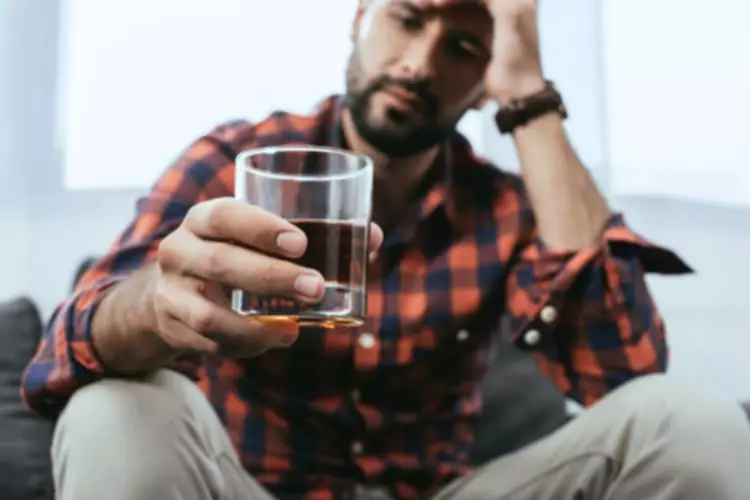
The loss of emotional intimacy is often a hidden but equally damaging effect of alcohol abuse. Alcohol can have significant negative effects on relationships, including communication breakdowns, conflicts, trust issues, and emotional disconnection. Self-care can get thrown out the window in relationships with alcohol addiction. That’s why it’s important to help yourself first to provide the best possible support for your loved one. While you might think it selfish to distance yourself from a friend or family member, it’s essential to look out for your own well-being before you can help someone else.
- Research shows that alcohol is involved in about 55% of domestic abuse cases, highlighting a serious connection between drinking and violence.
- After completing initial data extraction, two authors proposed adding sample statistics indicating heavy drinking, drinking inclusion criteria, and social media criteria to the charting.
- Infidelity can cause significant emotional distress and damage the foundation of trust within a relationship.
- †(+) indicates a statistically significant positive association; (NS) indicates a nonsignificant association.
- Warning signs include frequent arguments about drinking, increased emotional distance, distrust, financial strain from alcohol purchases, and decreased intimacy in the relationship.
Scientists use art like comics to share dental findings amid ‘intersectoral’ push to improve Quebecers’ health
It’s important to engage in open conversations with your partner about boundaries, expectations, and consent, both when sober and when alcohol is involved. Trust issues can also arise from the unpredictable what is alcoholism nature of alcohol’s influence on behavior. People under the influence may act in ways that are out of character or inconsistent with their usual values and morals.
Plan for success in 2025 – The art of identifying quality content

The partner who does not struggle with alcohol might feel compelled to “keep tabs” on the other, while the person with alcohol issues might react defensively. This dynamic fosters resentment, creating a vicious cycle of suspicion and deflection. Whether you are struggling with addiction, mental health or both, our expert team is here to guide you every step of the way. Don’t wait— reach out today to take the first step toward taking control of your life. Because alcohol heightens emotions and makes it harder to read emotional cues from others, it’s more likely that drinking will magnify feelings of jealousy. On the other hand, you may use alcohol to try to manage the stress and challenging emotions that arise as a result of relationship troubles.

Physical and mental health challenges
However, when participants did engage with ARC posted by others, norms no longer mediated the association between self-posting ARC and personal drinking. Occasional binge drinking or using alcohol as a way to cope with stress might not seem immediately problematic. However, when alcohol starts to take center stage, it can erode trust, intimacy and emotional closeness — cornerstones of any healthy relationship. Research consistently shows that heavy alcohol use is correlated with higher rates of divorce, interpersonal conflict and domestic violence.

Effects of Alcoholism on Families
- Involve trusted family members or friends to facilitate a structured conversation that encourages the person struggling with alcohol abuse to seek help and make positive changes.
- Cognitive Behavioral Therapy (CBT) offers structured techniques that assist couples in enhancing their emotional regulation and minimizing conflict escalation disputes.
- This inconsistency can fracture trust and leave partners feeling uncertain and on edge.
- By communicating openly with patience and compassion, friends and family members can convey the importance of sobriety to their loved ones.
Alcohol can change the way that people interact with each other, sometimes in negative ways. If you’re not sure how much alcohol is too much, consider following the recommended Dietary Guidelines for Americans of 1 drink or less in a day for women and 2 drinks or less in a day for men. Alcohol can negatively impact a relationship to the point of breakup or divorce. Alcohol can affect not only your ability to be intimate with your partner but also the way you interact with your partner sexually, according to a 2020 study.
- Today, we’re going to explore how alcohol abuse affects relationships and contributes to challenges.
- Individual and couples therapy can equip you with the perspective, tools, and resources you need to embrace a healthier relationship with yourself, your partner, and alcohol.
- We offer a full continuum of addiction treatment options, including inpatient, partial hospitalization and intensive outpatient care.
- When abstinence does not seem realistic, harm reduction could be the best option.

Professional help not only aids recovery but also provides tools to repair damaged relationships. Alcohol addiction can drain financial resources, leading to unpaid bills or lack of essentials for the household. This financial burden often adds to the stress and conflict between partners. Children might develop depression or anxiety and could mimic the destructive behavior in the future.
DUI arrests or other alcohol-related offenses create additional strain on relationships, leading to further breakdowns in family dynamics. The drinking partner might be emotionally unavailable or physically absent, leading to loneliness for the non-drinking partner. When alcohol use turns into abuse, it can change your behavior and priorities. Additionally, long-term alcohol abuse can lower testosterone levels in men and disrupt menstrual cycles in women. Engaging the support of a professional, such as a therapist or counselor, can provide valuable guidance and expertise when alcohol ruins relationships. This is because persons who misuse alcohol are more likely to prioritize their own demands for alcohol over those of their alcohol and relationships partner.
